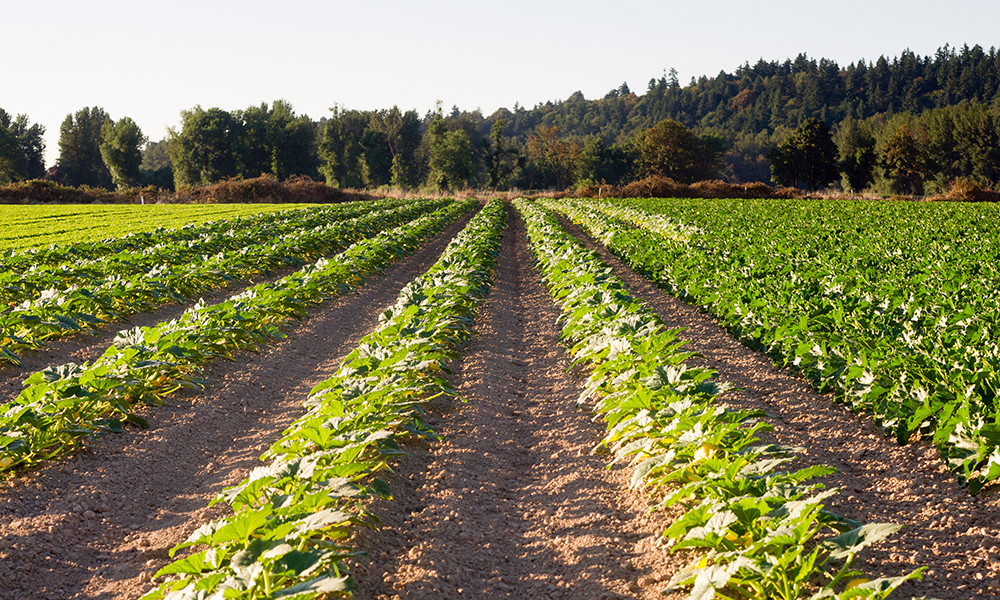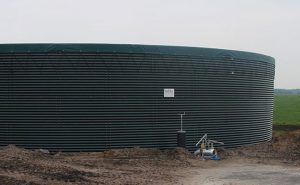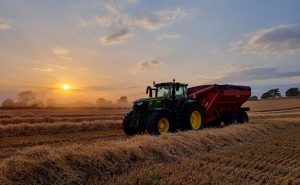Advantages and Disadvantages of Contract Farming: A Comprehensive Guide

Seeking specialised skills or grappling with the British weather demanding specific machinery? Sometimes, an extra set of hands becomes a necessity.
As the demand for food and agricultural products rises, farmers across the nation need to adapt to an evolving landscape. Enter, contract farming – a solution to help navigate these challenges. Here we’re delving into the perks and pitfalls of these farming partnership services:
- Understanding Contract Farming
- Advantages of Contract Farming
- Disadvantages of Contract Farming
- Enhancing Farming Efficiencies
- Navigating the Risks of Contract Farming
- A Win-Win Proposition
- AWSM Farming: Your Trusted Agricultural Contractors
Understanding Contract Farming
At its core, contract farming is an agricultural agreement between farmers and contractors. It’s a strategic collaboration where the farmer or landowner delegates tasks and operations to the expert contractor. According to the National Association of Agricultural Contractors, 91% of farmers choose to use a contractor. Clearly, contract farming is an essential part of the UK’s agricultural industry.
It’s all about teaming up smart, boosting efficiencies, and cutting down risks to secure a steady stream of income.
Pros and Cons of Contract Farming
Advantages of Contract Farming
Whether you’re the farmer tending to the land or the landowner appointing workers to help you get the job done, contract farming benefits for landowners go far beyond easing the workload.
In an industry prone to unpredictability – be it fluctuating market demands or the strange British weather – specialised skills, tools and expertise are often needed. Farmers might find themselves drastically unprepared for various situations, and contract farming works as a saving grace. Throughout 2023, the agricultural industry has suffered with a labour shortage, which exacerbated the need for contract farmers to help out on UK farms, offering a helping hand during uncertain times. To read more about 2023’s farming labour shortage, click here.
AWSM: Your Trusted Agricultural Contractors
From precision-driven slurry spreading to crop spraying, our expertise, range of services and cutting-edge machinery is designed to elevate your farm’s productivity. Explore our full range of agricultural contracting services.
Explore Agricultural ContractingIt grants access to specialised services, cutting-edge agricultural technology and invaluable expertise, all of which ultimately boost productivity and profitability. For landowners, it’s a reduction in operational costs, thanks to shared responsibilities and optimised resource utilisation.
Not having to invest in tools, machinery and training to facilitate a project that might not be a year-round thing is a huge benefit, offering flexibility for a fraction of the cost.
Whether you’re looking for snow ploughing in the winter or crop planting and cultivating in the spring, having access to seasonal services from a contract farmer offers specialised support precisely when you need it.
Disadvantages of Contract Farming
The pitfalls of contract farming surface in concerns regarding work quality and meeting agreed-upon standards.
Contract farming doesn’t shield either party from market fluctuations or market volatility. If market prices drop or unforeseen circumstances affect demand, it could impact the profitability for both the landowner and the contractor.
Plus, contract farming agreements often involve longer-term commitments. There’s a risk that the contracted farmer may face financial or operational difficulties, leading to an early termination of the agreement, disrupting continuity and planned farming operations.
Enhancing Farming Efficiencies
Enhancing efficiency is at the root of implementing a farming partnership. Collaborating with a professional contractor, like AWSM Farming, unlocks a wealth of expertise for your farm.

Our extensive contracting services – from baling and combining to plant and machinery hire – contribute to boosting productivity. Each service plays a role in optimising planting, nurturing soil health, and harnessing cutting-edge machinery to maximise output.
From precision farming techniques to state-of-the-art machinery, we lead the way in adopting solutions that magnify farming efficiencies, ensuring you stay ahead in agricultural practices.
Navigating Contract Farming Risks
Understanding and identifying contract farming risks is crucial in mitigating contract farming pitfalls. From market volatility impacting prices to weather uncertainties affecting yields, a range of factors demands consideration.
The legal and financial implications in contract farming require meticulous attention. Ambiguous contracts can spur disputes, leading to financial strain and operational disruptions. Risks can emerge from delayed payments or market fluctuations impacting the profitability outlined in the agricultural agreement.
A Proven Track Record of Success
Discover AWSM Farming's cutting-edge agricultural contracting services, meticulously crafted to elevate productivity and innovation on your farm. Get ready to transform your agricultural landscape and thrive with our expertise.
Optimise Your OperationsTo navigate these risks, comprehensive contracts are pivotal. Explicitly outlining responsibilities, timelines, quality standards and contingency plans for unforeseen circumstances.
Regular communication fosters aligned expectations and prompt issue resolution. Additionally, reviewing and updating contracts adaptively safeguards both parties amidst evolving circumstances, ensuring relevance and mutual protection.
Contract Farming: A Win-Win Proposition
Contract farming fosters mutual benefits for all. Farmers experience an uplift in productivity and market competitiveness by accessing crucial resources, expertise, and markets. This translates to reduced operational responsibilities and a steadier income stream, fostering stability and growth.

On the other hand, contractors seize a valuable opportunity to scale their business and broaden their customer base, relieved from the burden of land costs. Additionally, they can share their expertise while gaining further insights and opportunities for growth.
AWSM Farming: Your Contract Farming Partner
Choosing AWSM Farming means choosing a dedicated partner invested in your farm, opening up a whole host of unparalleled benefits. Our approach is a blend of expertise, state-of-the-art equipment and a commitment to mutual success, which is why we were nominated for Contractor of the Year 2023 in the Farmers Weekly awards.
Our suite of services can be tailored to elevate your farming experience. From baling to soil sampling, each service is designed to drive productivity. No matter your project, no matter your farm’s size, we’ll work with you to find a solution that works for you and your business’s needs. We prioritise your goals, align our strategies and amplify your outcomes.
Ready to unlock the full potential of contract farming? Partner with AWSM Farming today to explore how our partnership can revolutionise your farming experience and propel you towards success.
What are the advantages and disadvantages of contract farming?
Contract farming benefits include cost and time savings and access to expertise and resources from the professionals. However, contract farming comes with risks. From unpredictable markets and pricing fluctuations to having to draw up contracts.
How can contract farming benefit landowners?
Landowners enjoy reduced workload, steady income, and access to specialised services and markets, as well as peace of mind that the job is getting done to the best standards.
How does it improve farming efficiency?
Contract farming boosts efficiency by leveraging specialised services, technologies, and expertise, streamlining operations for better productivity.





